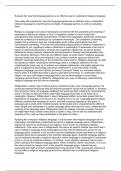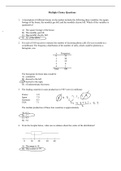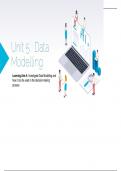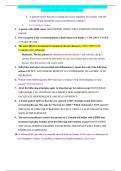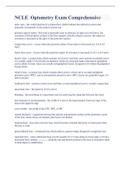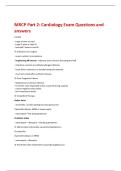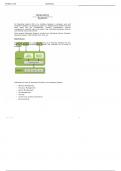This essay will evaluate the view that language games are an effective way to understand
religious language by examining key concepts of language games, as well as evaluating
them.
Religious Language is an area of philosophy concerned with the properties and meaning of
expressions referring to religion or God. In linguistics, syntax is a set of rules and
arrangements that sentences should follow in order to be meaningful. Sentences should also
follow all conditions of meaning to be considered meaningful. The conditions of meaning
explain that a sentence must use recognisable words, follow grammatical rules and
communicate something. There are two philosophical approaches to whether a statement is
meaningful or not: cognitivism states a statement is meaningful if it expresses a fact and is
based on empirical observation, whereas non-cognitivism states that, as well as factual
statements having meaning, statements that are based on feelings and interpretation also
have meaning. Moreover, there are two different types of words used in religious language:
univocal words only have one meaning in any context, however equivocal words have
different meanings depending on the context they were used in. Religious language can also
be classed as realist, meaning the terminology used in a religious statement is to be
understood the same way as in ordinary non-religious statements; anti-realist opposes this
and it is argued that terminology cannot be understood in a way that exists in reality.
Religious language can link to Ethics as Divine Command Theory is a normative ethical
theory where it is stated that what is good is what God commands. To understand God and
religion, we must use religious language which can be demonstrated in many ways.
Language games theory is offered by Wittgeinstein as a way of effectively understanding
religious language and will now be examined.
Wittgenstein’s earlier view of picture theory contrasts his later view of language games. He
previously believed that things that are beyond expression should not be spoken of, showing
how his picture theory of language explained that words get their meeting by connecting the
world. This links to Ayer and Flew’s belief that language must refer to the world to be
meaningful. However, Wittgenstein’s view of language shifted, as he later argued that the
significance of language is not found in its meaning, but in its use. Language games explain
different contexts that language is used in, and their meaning depends on the game. A
language game exists when multiple people communicate and is characterised by different
rules; people who participate in a certain language game and know the rules, understand the
meaning of the language used. Wittgenstein used an analogy of chess to explain his point:
we might learn that a certain chess piece is called a ‘king’, but we will not understand the
meaning of this, until we have participated in the game of chess.
Applying this concept to religious language, it can be seen how religious language can be
meaningful, and effectively understood as part of a religious language game. Wittgenstein
argued we need to be immersed in the religious ‘Form of Life’ to understand religious
statements. This newer view of Wittgenstein can hence be used to criticise Ayer and Flew’s
view of religious language being meaningless as they treat all statements as part of one
language game, however, it can be seen how this explanation shows that there is a religious
language game that is separate to the scientific language game. Scientific language games
can be explained through a cognitive approach, where language is meaningful if it expresses
a fact or is true by empirical evidence. In contrast, a non-cognitive approach can be used
when looking at the religious language game. When a believer claims ‘God exists’, it is not in
the same context as ‘people exist’ in the scientific language game, instead they are
expressing their faith and their understanding of the purpose of life, showing the meaning of
its use within a religious language game and an effective way to understand religious
language.

